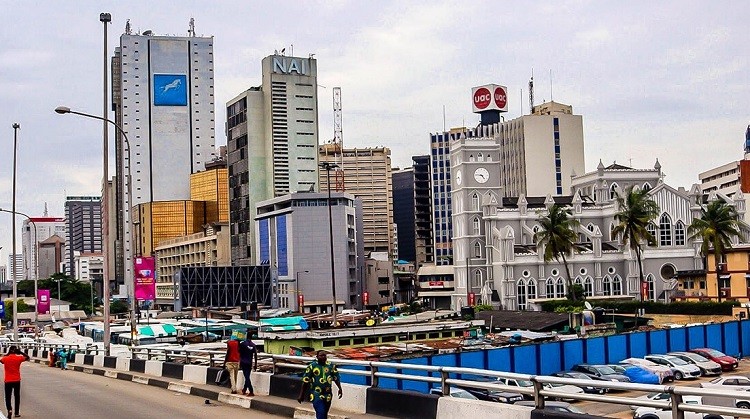Despite the robust solvency state of Deposite Money Banks, a futher shrink in the country’s economy may lead to most banks falling below the Central Bank of Nigeria’s capital requirement.
The CBN disclosed this in a stress test contained in the apex bank’s half year economic report for 2020.
Advertisement
The apex bank conducted the stress test for 27 financial institutions in Africa’s largest economy.
Based on the apex bank’s test, a further contraction of the Nigerian economy by 3.5 per cent in the third quarter may cut DMB’s capital adequacy ratio dropping to an average of 11.2 per cent.
Nigerian bank’s cash adequacy ratio is currently at 15 per cent.
The apex bank said with the economy declining by four per cent in the fourth quarter, capital adequacy ratio may fall to 9.3 per cent.
Advertisement
The International Monetary Fund had projected that the Nigerian economy may shrink by 4.5 per cent by the end of 2020.
The CBN said, “The result showed that under the severe scenario of a sustained significant contraction in GDP of 3.5 per cent in the third quarter of 2020, negative 4.0 per cent in the fourth quarter of 2020 and negative 4.5 per cent in the first quarter of 2021, the banking industry CAR will fall to 11.19 per cent, 9.26 per cent and 8.30 per cent, respectively,.
“However, the severity of the simulated GDP contraction may be contained by a combination of fiscal and monetary interventions.”
Nigeria’s largest lender said the stress test was conducted within the background of a sharp fall in oil prices, reduced global demand for Nigeria’s oil products, decline in government revenue, unfavorable current-account position and a fall in GDP.
Nigeria’s economy has suffered a huge shrink in the GDP by 6.1 per cent in the second quarter of 2020 due to the covid-19 pandemic.
Advertisement
CBN had said in its “Guidance notes on regulatory capital” that banks are required to maintain a minimum regulatory capital adequacy ratio of between ten per cent and 15 per cent on an on-going basis.



